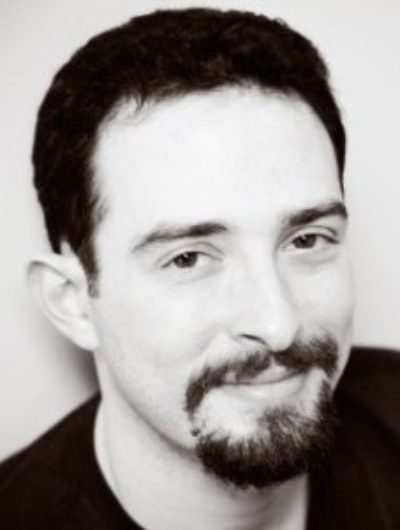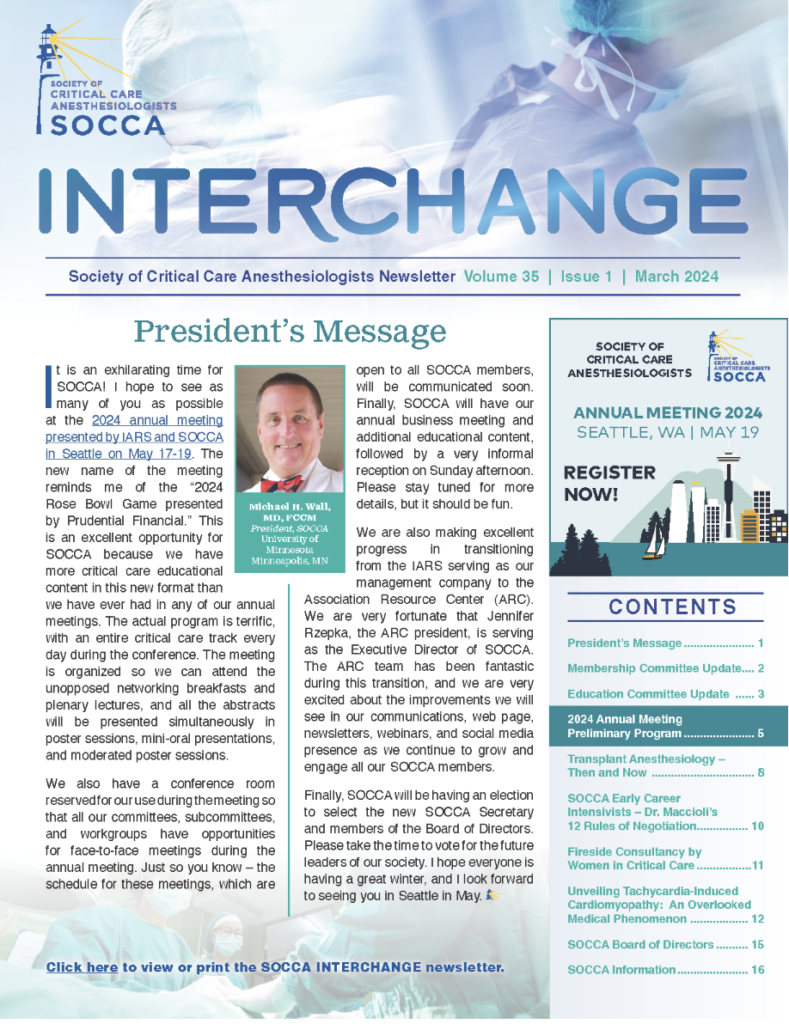How to Be a Good Patient
Sooner or later, many of us will be faced with an unpleasant reality: a major health problem requiring medical care. Often, this may entail surgery or critical care. In theory, physicians should be well-prepared for this eventuality. After all, we have a great deal of first-hand knowledge about the perioperative environment and should be comfortable negotiating difficult or uncomfortable situations. Why then do we feel so much stress when these problems hit close to home?
Certainly, being diagnosed with a significant illness is a traumatic experience for anyone. Even if the condition is curable, the consequences can be substantial. Physicians tend to be driven and accustomed to functioning at a high level. Perfectionism is very common amongst physicians, and unrealistic expectations can lead to increased psychological fallout when one is limited mentally or physically.1 This can result in depression, loss of self-worth, and anxiety about the likelihood and degree of functional recovery. For physicians, loss of one’s lifestyle and self-image can produce a form of mourning. Counter to what might be expected, common medical conditions that are not thought of as particularly shameful, such as heart disease and diabetes, may result in self-imposed stigma in physicians.2 On a more practical level, health problems can often result in increased out-of-pocket expenses and decreased income, both of which can lead to financial difficulties. Increased debt has been associated with poorer subjective health and health-related behaviors.3
Anesthesiologists in particular share several personality traits that can be problematic when dealing with illness. More so than other physicians or non-medical individuals, we are prone to harm avoidance, which manifests as increased worrying, pessimism, and doubtfulness.4 Studies have also found anesthesiologists to be more tense and less self-assured than the general population, and to be more conscientious, which can be linked to perfectionism.5 The need for self-determination and organization can be problematic when faced with loss of control resulting from ill health.
In the face of a medical crisis, such traits can lead to maladaptive responses. In his deeply affecting memoir, When Breath Becomes Air, Paul Kalanithi vividly describes his need for a definitive prognosis after he was diagnosed with Stage IV lung cancer during his residency. When his oncologist repeatedly rebuffed his requests, he initially bristled at her stonewalling: “How dare she? I thought. This is how doctors—doctors like me—understand prognostication. I have a right to know.” Kalanithi was struggling to hold on to his self-image as a doctor, to maintain control over the situation. However, he eventually realized that “while being trained as a physician and scientist had helped me process the data and accept the limits of what that data could reveal about my prognosis, it didn’t help me as a patient…It occurred to me that my relationship with statistics changed as soon as I became one.”6 Much of When Breath Becomes Air details Kalanithi’s attempts to reconcile his concept of himself with his medical condition and discover how he can continue to practice medicine in the new reality he inhabits. “Torn between being a doctor and patient, delving into medical science and turning back to literature for answers, I struggled, while facing my own death, to rebuild my old life—or perhaps find a new one.”6
Several other personality traits common in anesthesiologists, it should be said, may be turned to one’s advantage. Anesthesiologists score higher on measures of cooperativeness, as evidenced by a focus on long-term goals and a tendency towards empathy, helpfulness, and compassion; these tendencies can be very productive when harnessed and may enhance our ability to heal and to navigate the medical system.4 We are, by necessity, comfortable with a collaborative work environment and tend to have a broad knowledge of medical conditions. Those of us who work in critical care are particularly attuned to making difficult decisions with life-altering implications.
The key to managing these contradictions, it seems, is to utilize our medical abilities without being too attached to our role as The Doctor. When faced by illness, we must recognize that we are not the only professional on the case, and that we are not responsible for diagnosing and fixing every problem involved. Many times, it is more effective (and more psychologically manageable) to stay in the realm of the patient. Besides trusting other physicians to take care of us, we must also relinquish some of our self-reliance and take advantage of our families and support networks.
Often, the need to “do more” and “fix things” is our response to fear, anxiety, and despair. However, these emotions cannot be suppressed indefinitely and must be faced in a proactive and constructive way. We must be kind to ourselves and conscious of our roles as both patient and practitioner. As the prayer says, it is critical to change the things we can, accept those things we cannot, and have the wisdom to know the difference.
References
- Peters M and King J. Perfectionism in doctors. BMJ 2012; 344: e1674.
- Myers MF and Gabbard GO. The Physician as Patient. Washington, D.C.: American Psychiatric Publishing, 2008: 56.
- Turunen E and Hiilamo H. Health effects of indebtedness: a systematic review. BMC Public Health 2014; 14: 489.
- Kluger MT et al. Personality traits of anaesthetists and physicians. Anaesthesia 1999; 54: 926-35.
- Reeve PE. Personality characteristics of a sample of anaesthetists. Anaesthesia 1980; 35: 559-68.
- Kalanithi P. When Breath Becomes Air. New York: Random House, 2016: 123-39.




































